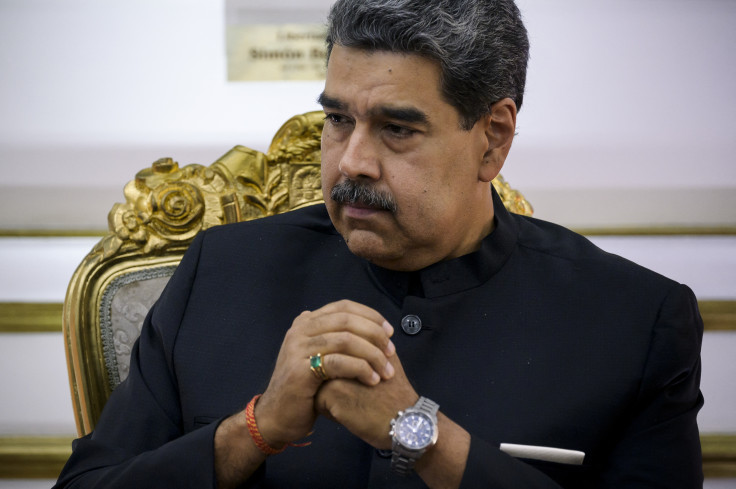
The Brazilian government reportedly discussed evacuating senior officials in the Venezuelan regime as the U.S. steps up military pressure with the deployment of warships off its coast, according to a new report.
Brazilian outlet Defesanet detailed that senior officials from both countries met on the sidelines of a CELAC summit in Colombia last week. Dubbed "Operation Imeri," it took place between Brazilian Foreign Minister Mauro Vieira and Venezuelan counterpart Yvan Gil.
The outlet noted that they officially discussed border cooperation and economic integration, but unofficially they raised the possibility of evacuating top Venezuelan officials to the South American neighbor to prevent them from being apprehended by the U.S. Southern Command.
The plan reportedly includes two alternative plans: one entails the mobilization of a dozen naval and air assets from the Brazilian Navy, which would be supported by a special operation unit to set up a maritime evacuation corridor. The operation could be considered a military exercise to avoid the need for Congress approval.
The other one involves an aerial infiltration, which would carry a special operations unit to extract Venezuelan leadership and fly them back to Brazil on a cargo plane. The plane would not even stop completely, allowing for a quick extraction of Maduro and his closest allies. He authoritarian president would then be taken to a protected facility under Brazilian surveillance.
In the meantime, Venezuela announced the deployment of warships to its coastline. Defense Minister Vladimir Padrino Lopez also said there would also be a "significant" deployment of drones, as well as "larger vessels further north in our territorial waters."
The country has also sent a letter to the UN asking for its support over what it described as "continued threats" from the United States.
Yvan Gil gave the letter to Gianluca Rampolla, UN official in the South American country. It claims that the country "strongly denounces the deployment, which is a grave threat to peace and security in the region."
"The presence of an offensive submarine in Latin America and the Caribbean contradicts our nations' historic commitment to disarming and the peaceful resolution of disputes, and represents a clear act of intimidation that is against the letter and spirit of the UN Charter," the letter adds.
© 2025 Latin Times. All rights reserved. Do not reproduce without permission.





